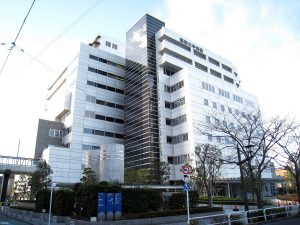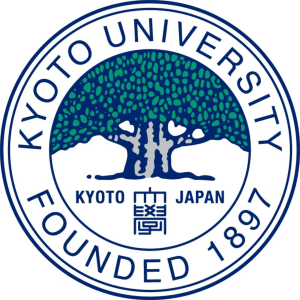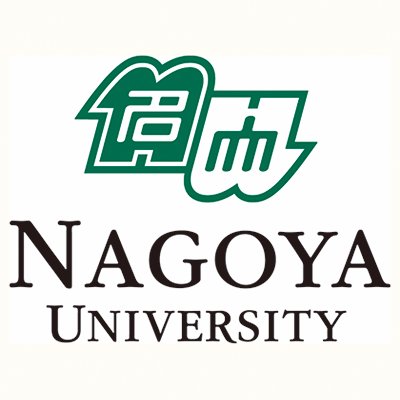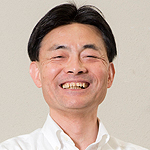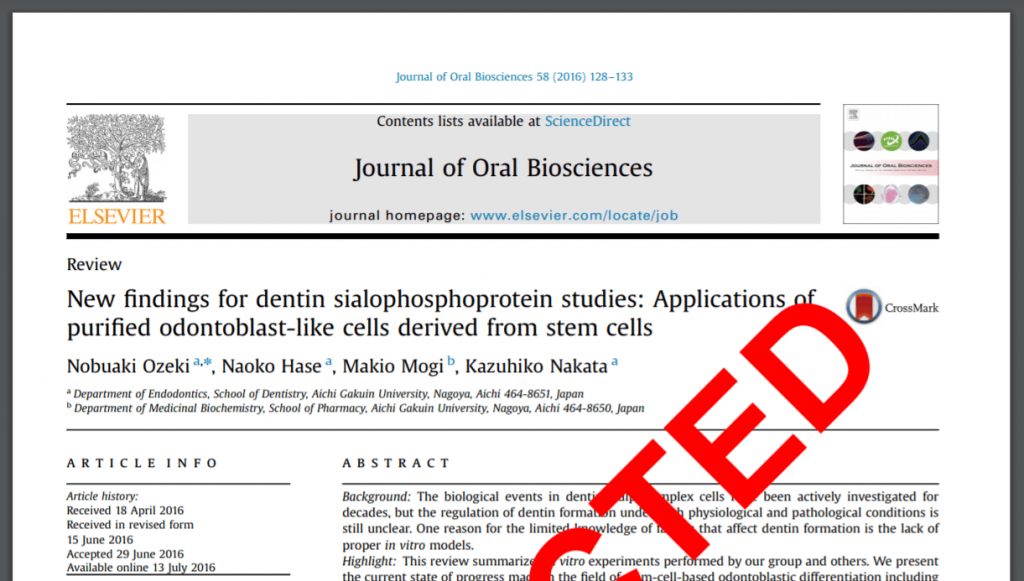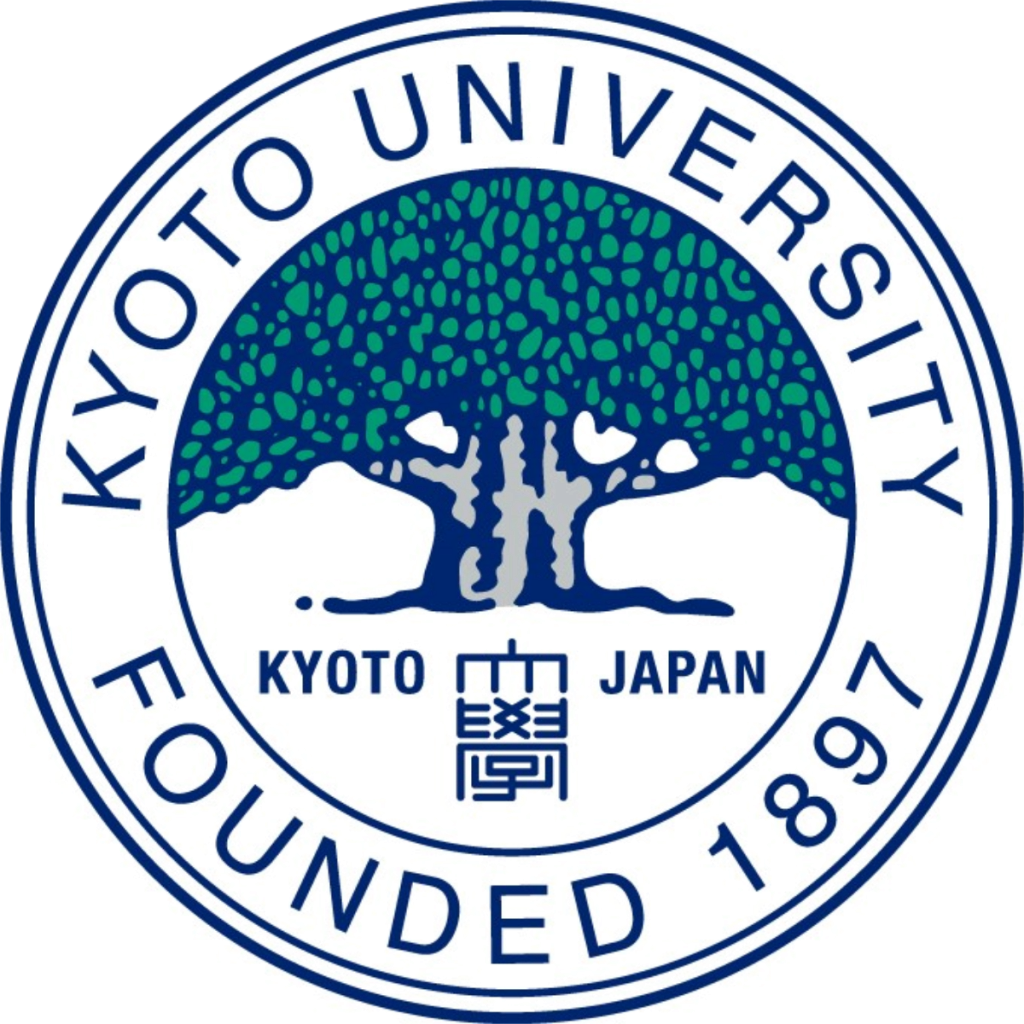An oral surgeon in Japan falsified images in several papers, granted authorship to whomever he saw fit and stored experimental data sloppily, according to an investigation by Showa University in Tokyo, where the physician was a lecturer at the time of the misconduct.
As a result of the findings, the university has recommended retracting eight papers by the surgeon, Masayasu Iwase, according to a translation commissioned by Retraction Watch of a December report from the committee that investigated the case.
The university also is discussing revoking the graduate degrees of two of Iwase’s former students whose dissertations were based on the “fraudulent” papers, the report explains.
Tadashi Hisamitsu, Showa’s president, wrote on the university’s website:
Continue reading Japanese university asks surgeon to retract eight ‘fraudulent’ papers